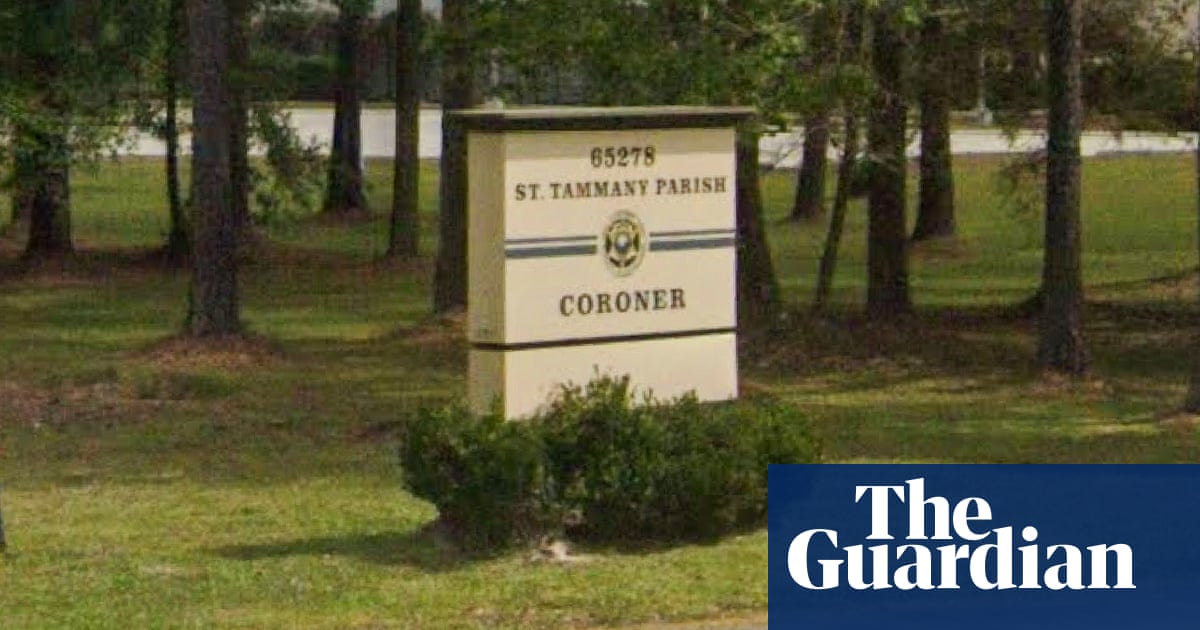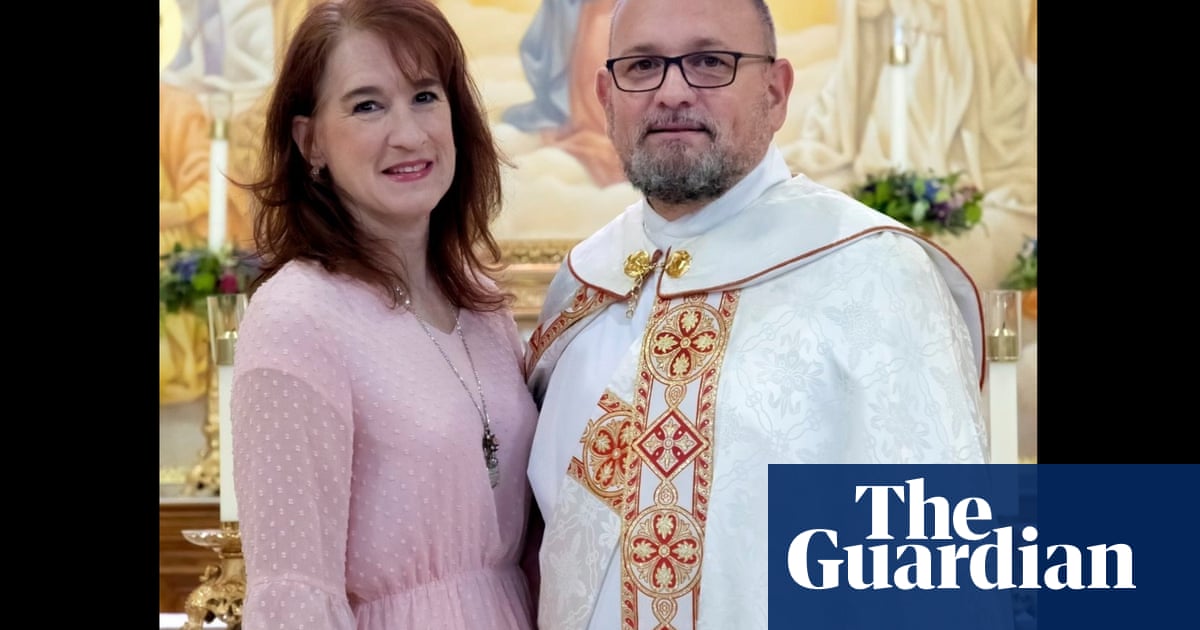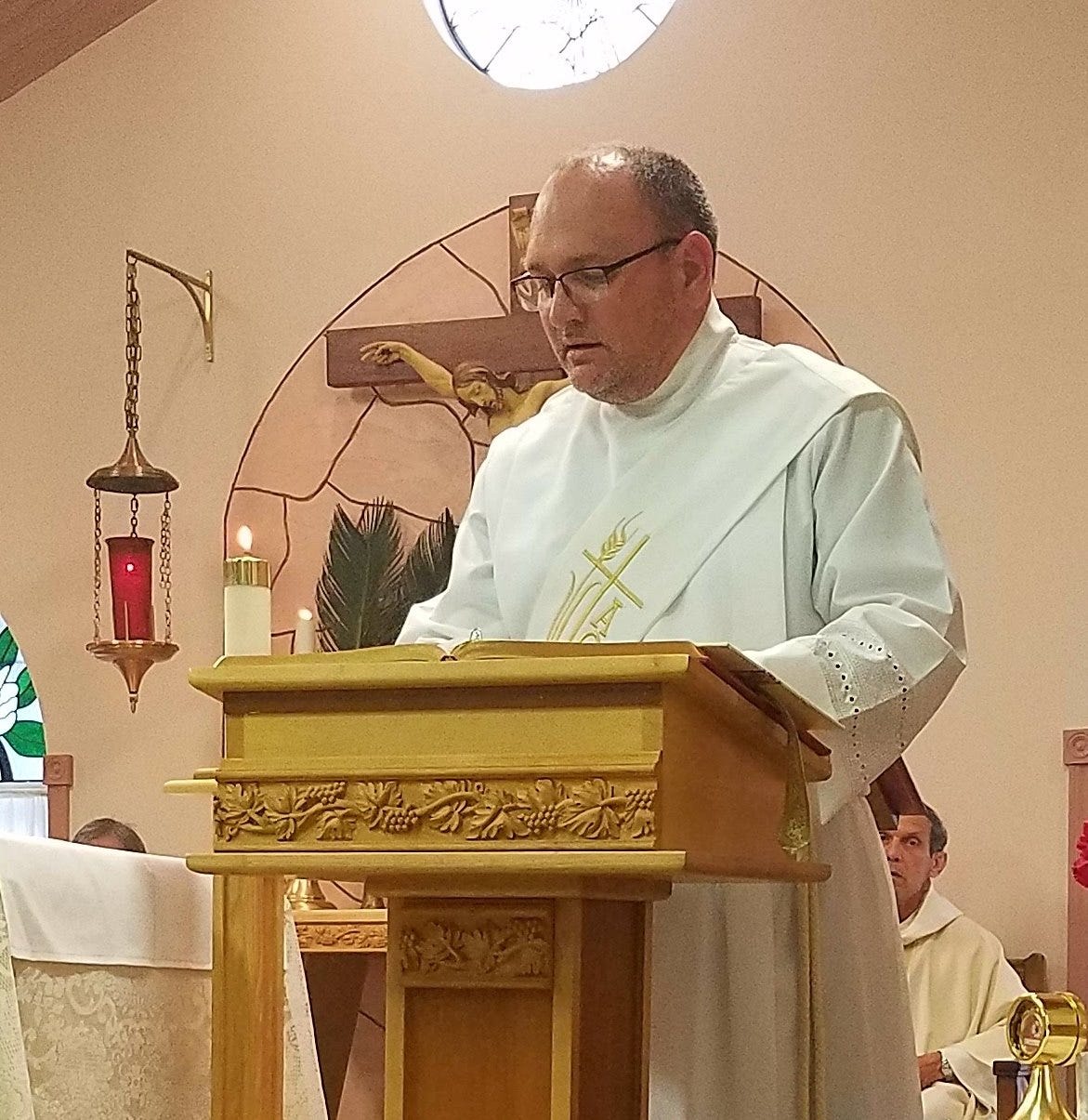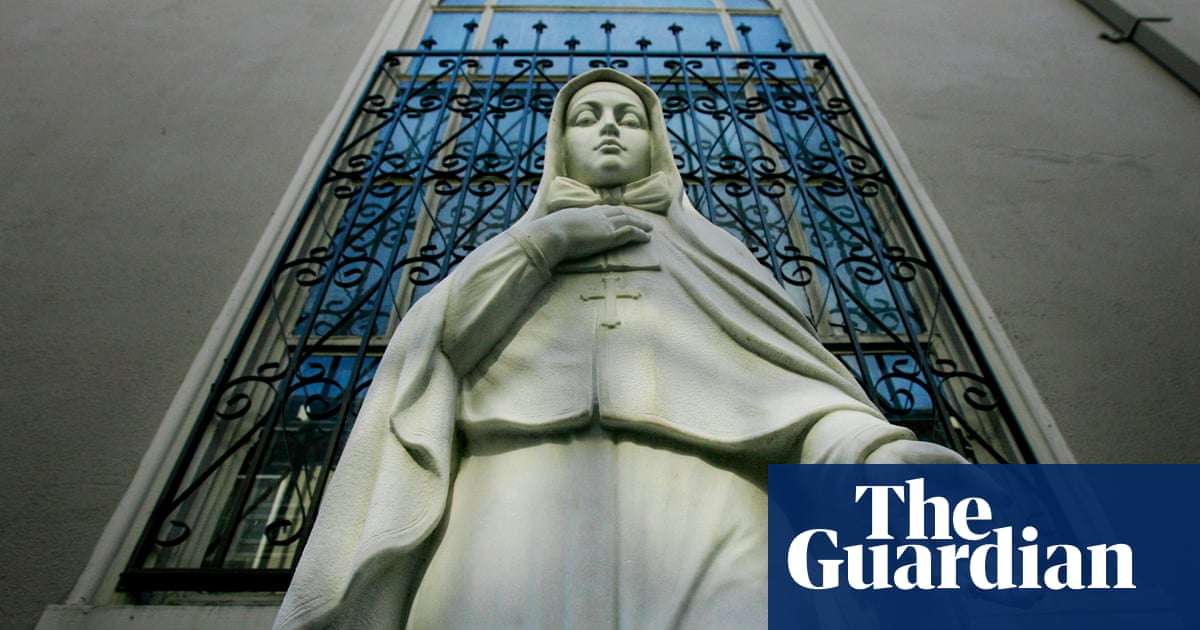- Joined
- Jul 18, 1998
- Messages
- 22,400
- Reaction score
- 46,367
Online
Guess this can go here
=================
Having been elected with no opposition despite prior charges of child molestation, the chief medical examiner of a south-east Louisianacommunity with more than a quarter-million residents took office on Monday, poised to deliver on a pledge to eliminate an agency program that has helped collect key evidence in cases of sexual assault.
Dr Christopher Tape, 53, is expected to ultimately face an effort from voters to subject him to a recall election and force him from office, the top local government official in St Tammany parish has told the outlet, which exposed the new coroner’s criminal history.
But that drive to remove Tape must clear a relatively high procedural threshold now that he’s in place at the parish – or county, in Louisiana parlance – coroner’s office.
Tape was indicted in New Mexico in 2002 on charges that he sexually assaulted his then girlfriend’s daughter, who was seven at the time, as local TV station WWL Louisiana first reported in February.
A court in that state later found prosecutors took too long between arresting and indicting Tape – who was a medical school student at the time – and tossed the charges, saying his constitutional right to a speedy trial had been unduly compromised…..
Then, on 11 February, WWL Louisiana investigative reporter David Hammer not only revealed that a technicality had spared Tape from being tried on six charges of child sexual assault in New Mexico, WWL also uncovered how Tape in 2022 had struck an out-of-court settlement with a 26-year-old employee at his private forensic pathology practice who alleged that he made unwanted sexual advances toward her.
All of St Tammany’s top elected officials subsequently demanded that Tape resign without beginning his four-year term, which began at midnight on Monday. But he made it clear he had no intention of satisfying those demands.
In fact, four days before his term kicked off, Tape announced that – after he took over – the coroner’s office would no longer provide its sexual assault nurse examiner (Sane) program. He said local hospitals instead would be responsible for the service, which involved collecting evidence that was vital for the prosecution of sexual assault crimes, as Nola.com reported.
Tape’s policy shift ignited a fresh outcry. The office’s Sane program worked with sexual assault survivors in a region that included four parishes other than St Tammany. Louisiana state lawmakers told Nola.com that the hospitals affected by Tape’s change were “not prepared to do this right off the bat”, especially ones in certain rural parts.……

 www.theguardian.com
www.theguardian.com
=================
Having been elected with no opposition despite prior charges of child molestation, the chief medical examiner of a south-east Louisianacommunity with more than a quarter-million residents took office on Monday, poised to deliver on a pledge to eliminate an agency program that has helped collect key evidence in cases of sexual assault.
Dr Christopher Tape, 53, is expected to ultimately face an effort from voters to subject him to a recall election and force him from office, the top local government official in St Tammany parish has told the outlet, which exposed the new coroner’s criminal history.
But that drive to remove Tape must clear a relatively high procedural threshold now that he’s in place at the parish – or county, in Louisiana parlance – coroner’s office.
Tape was indicted in New Mexico in 2002 on charges that he sexually assaulted his then girlfriend’s daughter, who was seven at the time, as local TV station WWL Louisiana first reported in February.
A court in that state later found prosecutors took too long between arresting and indicting Tape – who was a medical school student at the time – and tossed the charges, saying his constitutional right to a speedy trial had been unduly compromised…..
Then, on 11 February, WWL Louisiana investigative reporter David Hammer not only revealed that a technicality had spared Tape from being tried on six charges of child sexual assault in New Mexico, WWL also uncovered how Tape in 2022 had struck an out-of-court settlement with a 26-year-old employee at his private forensic pathology practice who alleged that he made unwanted sexual advances toward her.
All of St Tammany’s top elected officials subsequently demanded that Tape resign without beginning his four-year term, which began at midnight on Monday. But he made it clear he had no intention of satisfying those demands.
In fact, four days before his term kicked off, Tape announced that – after he took over – the coroner’s office would no longer provide its sexual assault nurse examiner (Sane) program. He said local hospitals instead would be responsible for the service, which involved collecting evidence that was vital for the prosecution of sexual assault crimes, as Nola.com reported.
Tape’s policy shift ignited a fresh outcry. The office’s Sane program worked with sexual assault survivors in a region that included four parishes other than St Tammany. Louisiana state lawmakers told Nola.com that the hospitals affected by Tape’s change were “not prepared to do this right off the bat”, especially ones in certain rural parts.……

Louisiana coroner accused of child abuse cuts sexual assault exam program
Christopher Tape, indicted in 2022 before charges were dismissed, says office will stop giving exam that helps collect key evidence




